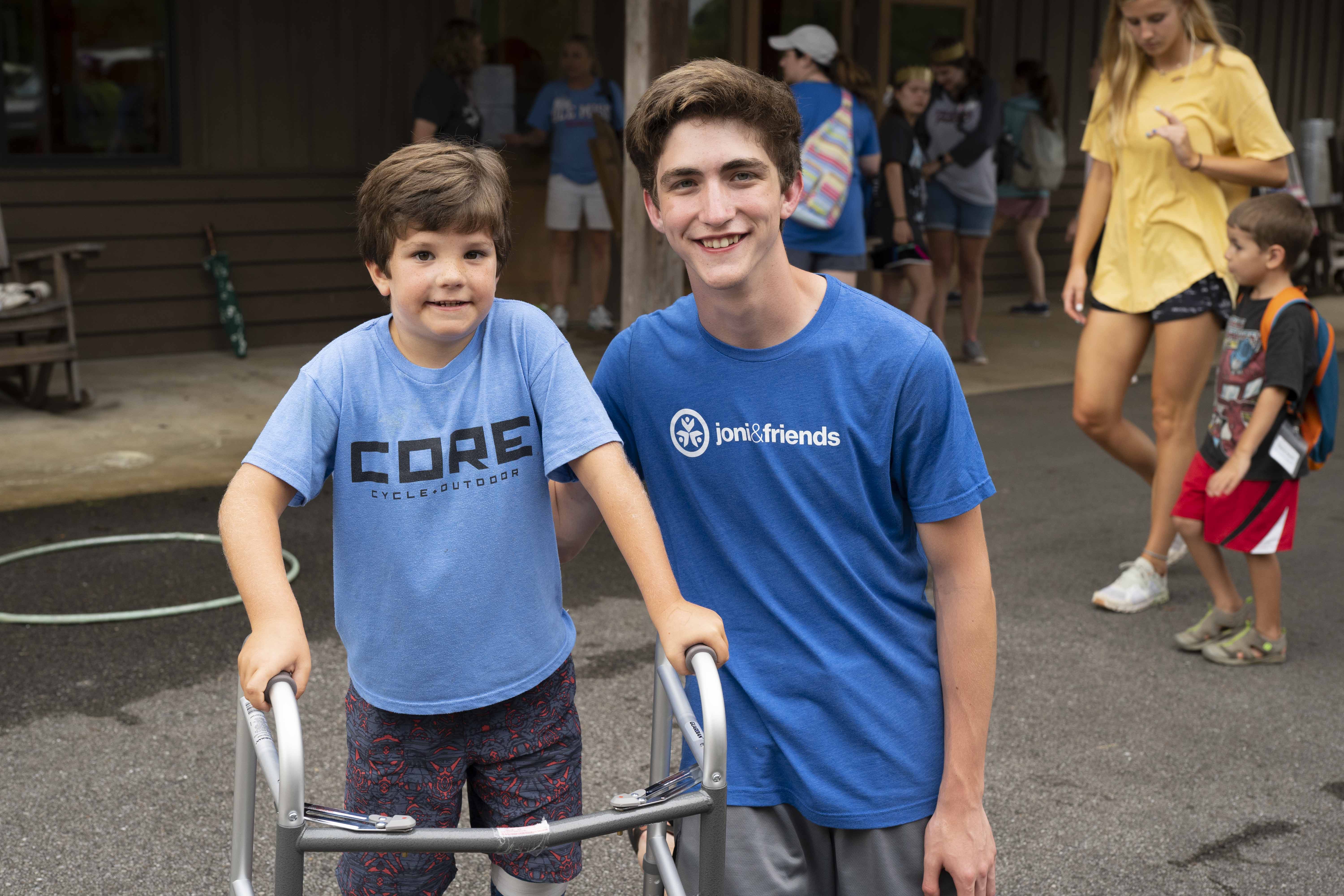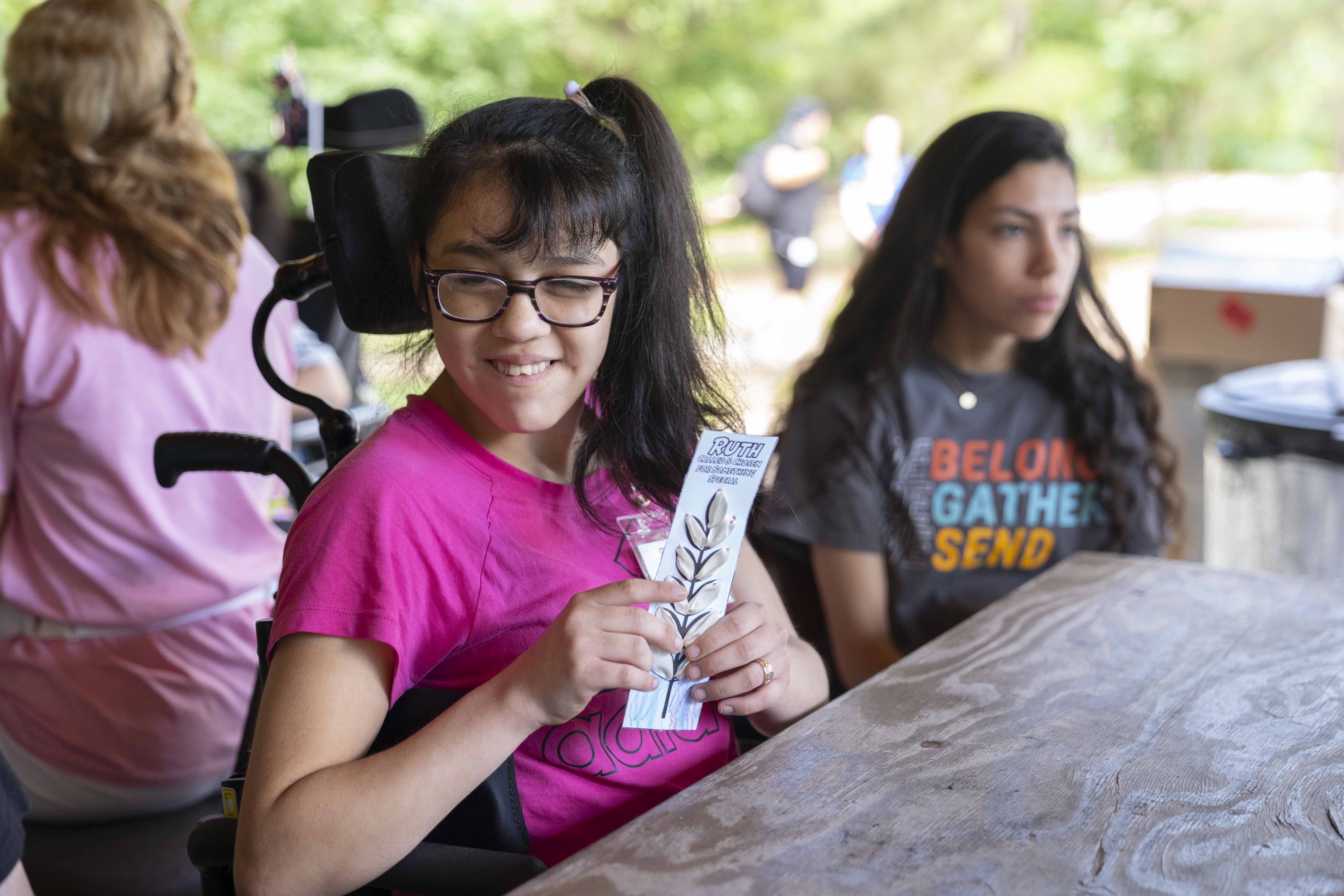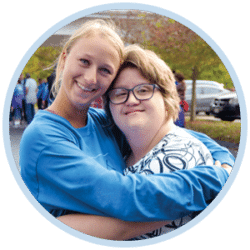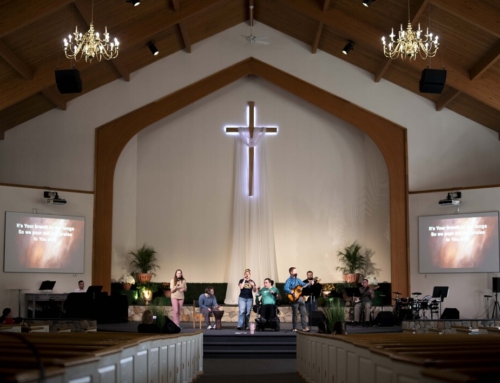Why Disability Ministries Fail, and How to Keep that From Happening to You

“Disability ministry” is a term that is fraught with misunderstanding.
For many people, “disability ministry” is essentially thought of as the church version of “special education.” But in an attempt to solve one problem, many church disability ministries create a new one. The tacit assumption in this ministry model is that disability ministry is something that is done by experts.
The “professionalization” of disability ministry can serve to reinforce a false belief that creates distance between people with disabilities and the church at large. This is reinforced by the fact that the primary way we interact with or talk about disability in the public arena occurs in a medical, educational, or government services context. These domains come with their own terminology, acronyms, and jargon that serve as stumbling blocks and hurdles to understanding.
While we should never minimize the value of experts, the simple truth remains that the church’s call to make disciples has always included people with disabilities.
This means that in first century Israel, absent any meaningful medical or therapeutic services, followers of Christ were called and qualified to make disciples of people with disabilities.

But while making disciples is something every follower of Christ is called to, it is not something we are called to do alone!
In almost every case, a church’s disability ministry does not fail because of a lack of expertise regarding disability, but because of a fragile and flimsy leadership structure. When the inclusion of people with disability falls on the shoulders of one person, the church has created a single point of failure. Like a hot air balloon tied down with a single rope, or a bridge held up by a single pillar, resting someone’s inclusion on a single point is a recipe for failure.

The attempt to make the church more accessible through a specialized disability ministry often, ironically, exchanges one barrier for another. By putting disability ministry out of the reach of your average church leader, people with disabilities often wind up siloed within the church, separated from the majority of the church body by virtue of their distinct ministry.
In other scenarios, the responsibility for including people with disabilities falls to a perceived expert, such as a parent of a child with a disability, a special educator, or a behavioral therapist in the church. Having a passion for disability does not mean that this person has the gifting or capacity to lead a ministry. There are few people who are gifted in every way that would be required to lead a ministry by themselves. Even fewer have the time or capacity to do so. When that person is a parent to a child with a disability, the numbers shrink even further.
So how do we do disability ministry in a way that is sustainable? In short: by bringing disability ministry out of the realm of experts and specialists and into the life of the whole church.
Here are three practical ways you can encourage that in your church.
- Think about disability ministry not as a program, but as an approach to ministry. It is important to make existing ministry accessible by removing barriers before starting a new and novel ministry. Consider both physical accessibility, as well as how disability impacts family dynamics.
- Keep in mind that it is more important to ask the right questions than to have all the right answers. Disability is a broad term. It includes children with Down syndrome, and adults with chronic pain, men with PTSD, and women who are blind. The diversity of this group means that no one person can know everything about disability. This should result in a posture of humility and curiosity. If you are willing to become an expert on individuals, you do not need to become an expert on disability in general. Consider how you can build relationships and develop true friendship with people living with disability.
- Remember that it’s not just people with disabilities who need the church, but the church that needs people living with disability. As theologian John Swinton puts it, “To be included, you just need to be present. To belong, you need to be missed.” When we structure our churches in a way that allows people with disabilities to contribute to the mission of the church, we create a church that will miss them if they are gone!

There are a great many things that disability ministry could look like, but it can never be less than making disciples. Your church is unique. But every church shares a common mission: to go and make disciples of all nations.
And by getting back to the basics, and learning to ask the right questions, we can ensure that those disciples include people with disabilities.
It’s simple, but not necessarily easy.
Yet, if Christ believed that people with disabilities were worth dying for, they are certainly worth the church’s every effort.

Connect with a Ministry Mentor
You can contact a Joni and Friends church training mentor directly at [email protected] or by calling (818) 707-5664. We’d love to walk with you as you seek God’s heart for people with disabilities in your church.


